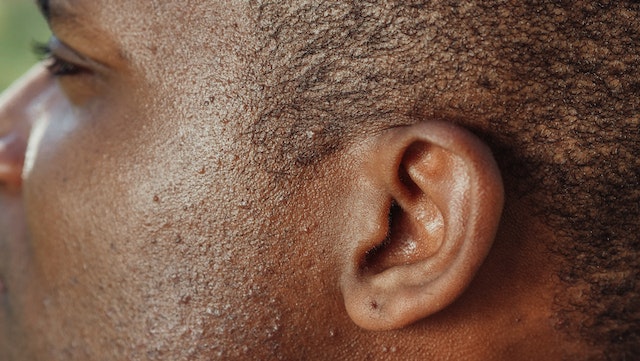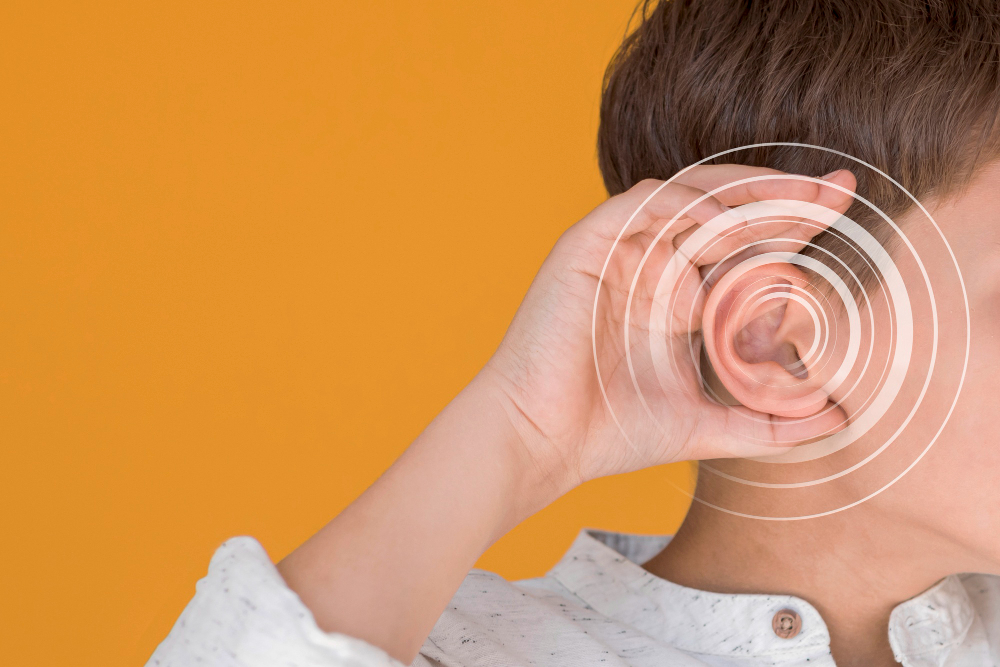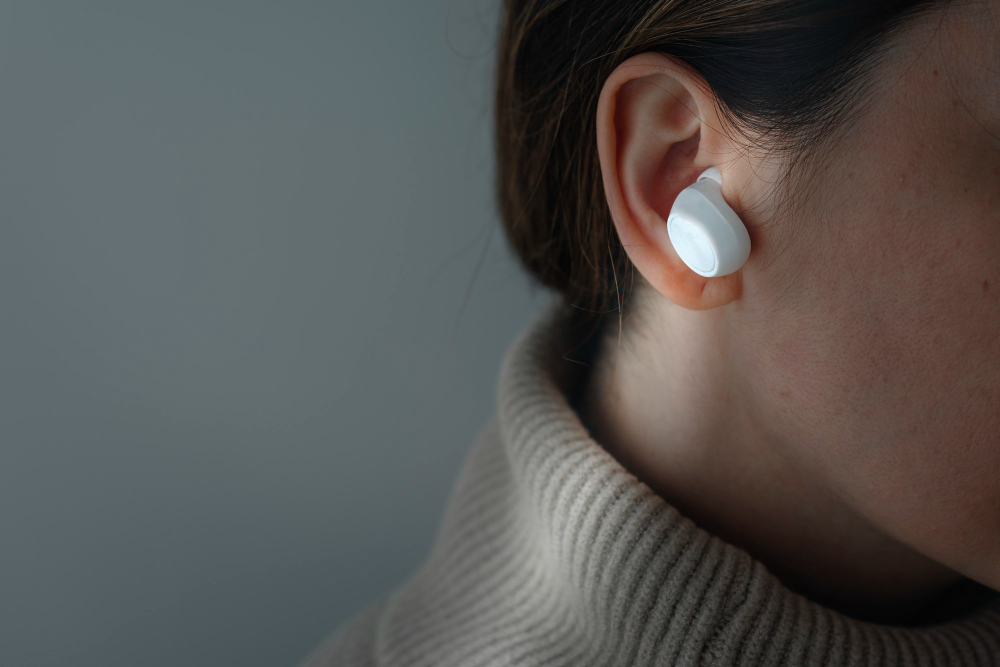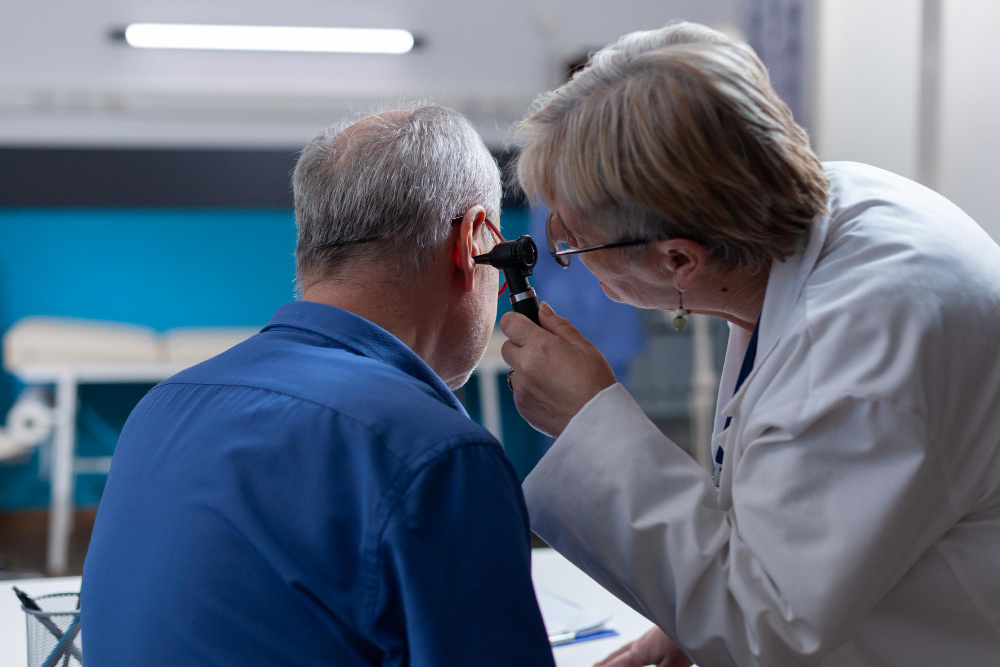Age-Related Hearing Loss: Causes, Prevention, and Treatment
As we grow old, we experience a lot of physical changes. One of the common changes that many people experience is age-related hearing loss. This condition is also known as presbycusis, and it is a gradual loss of hearing ability due to aging. Age-related hearing loss is a common condition, affecting millions of people worldwide. In this article, we will explore the causes, prevention, and treatment options for age-related hearing loss.
Table of Contents
- Introduction
- Causes of Age-Related Hearing Loss
- Genetic Factors
- Exposure to Loud Noises
- Changes in the Inner Ear
- Other Medical Conditions
- Symptoms of Age-Related Hearing Loss
- Prevention of Age-Related Hearing Loss
- Protect Your Ears
- Monitor Your Medications
- Maintain a Healthy Lifestyle
- Regular Hearing Check-ups
- Treatment Options for Age-Related Hearing Loss
- Hearing Aids
- Cochlear Implants
- Assistive Listening Devices
- Communication Strategies
- Conclusion
- FAQs
Causes of Age-Related Hearing Loss

Age-related hearing loss is caused by several factors that affect the inner ear. The following are the most common causes of presbycusis:
Genetic Factors
Research has shown that genetics play a significant role in age-related hearing loss. Inherited genes can cause the inner ear to deteriorate over time, leading to hearing loss.
Exposure to Loud Noises
Exposure to loud noises is another common cause of age-related hearing loss. Long-term exposure to loud noises can damage the hair cells in the inner ear, resulting in hearing loss.
Changes in the Inner Ear
As we age, the structure of the inner ear changes, affecting our hearing ability. The hair cells in the inner ear may deteriorate, and the blood supply to the ear may decrease, leading to hearing loss.
Other Medical Conditions
Other medical conditions, such as hypertension and diabetes, can also contribute to age-related hearing loss. These conditions affect the blood supply to the ear, leading to hearing loss.
Symptoms of Age-Related Hearing Loss

The symptoms of age-related hearing loss vary from person to person. The following are the most common symptoms of presbycusis:
- Difficulty understanding speech, especially in noisy environments
- Trouble hearing high-pitched sounds
- Needing to turn up the volume on the television or radio
- Difficulty hearing consonants
- Tinnitus (ringing or buzzing in the ears)
Prevention of Age-Related Hearing Loss

While age-related hearing loss cannot be completely prevented, there are steps you can take to reduce your risk of developing the condition:
Protect Your Ears
Protect your ears from loud noises by wearing earplugs or earmuffs. Avoid exposure to loud noises for extended periods.
Monitor Your Medications
Some medications, such as antibiotics and chemotherapy drugs, can cause hearing loss. If you are taking medication, talk to your doctor about the potential side effects.
Maintain a Healthy Lifestyle
A healthy lifestyle can reduce your risk of developing age-related hearing loss. Exercise regularly, maintain a healthy diet, and avoid smoking.
Regular Hearing Check-ups
Regular hearing check-ups can help detect hearing loss early. If you notice any changes in your hearing, schedule an appointment with an audiologist.
Treatment Options for Age-Related Hearing Loss

There are several treatment options available for age-related hearing loss:
Hearing Aids
Hearing aids are small electronic devices that amplify sound. They can be customized to fit your hearing needs and can significantly improve your hearing ability.
Cochlear Implants
Cochlear implants are devices that are surgically implanted into the inner ear. They bypass the damaged hair cells and stimulate the auditory nerve directly, allowing the brain to perceive sound.
Assistive Listening Devices
Assistive listening devices, such as amplified telephones and personal listening systems, can help individuals with age-related hearing loss to hear better in specific situations.
Communication Strategies
Communication strategies, such as speaking clearly and facing the listener when speaking, can help individuals with age-related hearing loss to communicate more effectively.
Conclusion : Age-Related Hearing Loss
Age-related hearing loss is a common condition that affects millions of people worldwide. While it cannot be completely prevented, there are steps you can take to reduce your risk of developing the condition. Regular hearing check-ups can help detect hearing loss early, and there are several treatment options available to improve your hearing ability. If you are experiencing hearing loss, don’t hesitate to talk to your doctor or an audiologist.
FAQs
- Is age-related hearing loss reversible?
- Unfortunately, age-related hearing loss is not reversible. However, there are treatment options available to improve your hearing ability.
- How common is age-related hearing loss?
- Age-related hearing loss is a common condition, affecting about one-third of individuals between the ages of 65 and 74, and about half of individuals over the age of 75.
- Can exposure to loud noises cause permanent hearing loss?
- Yes, exposure to loud noises can cause permanent hearing loss. It is important to protect your ears from loud noises to reduce your risk of developing hearing loss.
- How do hearing aids work?
- Hearing aids are small electronic devices that amplify sound. They can be customized to fit your hearing needs and can significantly improve your hearing ability.
- What are cochlear implants?
- Cochlear implants are devices that are surgically implanted into the inner ear. They bypass the damaged hair cells and stimulate the auditory nerve directly, allowing the brain to perceive sound.

